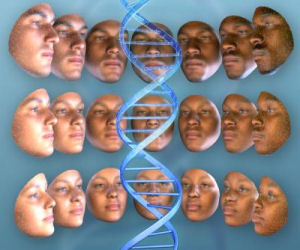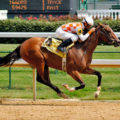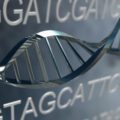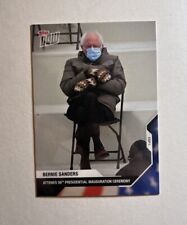
The decision to vote is partly genetic, say researchers James H. Fowler and Christopher T. Dawes, of the University of California, San Diego. Their research, just published in the Journal of Politics, identifies a link between two specific genes and political participation. The results suggest that, contrary to decades of conventional wisdom, family upbringing may have little effect on children’s future participatory behavior.
The researchers say that individuals with a variant of the MAOA gene are significantly more likely to have voted in the 2000 presidential election. Their research also demonstrates a connection between a variant of the 5HTT gene and voter turnout, which is moderated by religious attendance. The researchers claim that these are the first results ever to link specific genes to political behavior.
The researchers initially used the National Longitudinal Study of Adolescent Health to establish that participatory political behavior is heritable. Among identical twins, the researchers concluded that 72 per cent of the variance in voter turnout can be attributed to genes. Moreover, genetic-based differences extended to a broad class of acts of political participation, including donating to a campaign, contacting a government official, running for office, and attending a political rally.
“These findings are extremely important for how we think about political behavior,” said Fowler. He explained that it is well-known that these particular genes influence social behavior, but it has not been widely appreciated that social behavior plays an important role in voting and other forms of political behavior. In particular, the 5HTT gene appears to play an important role in the well-known association between voting and going to church, suggesting that it is the combination of social activity and genes that helps to shape political behavior.
The authors point out that while political scientists have typically not focused on the role of genetic and biological factors in political behavior, the new work points to a significant role for genes and, therefore, a next step in research is to determine why genes matter so much.
Related:
“Language” Gene Pooh-Poohed
Genome Analysis Left Wanting
Human Genome “Far More Complex Than Anyone Imagined,” Laments Prof


















Comments are closed.